Search
Summary 
Loading AI-generated summary based on World History Encyclopedia articles ...
Search Results
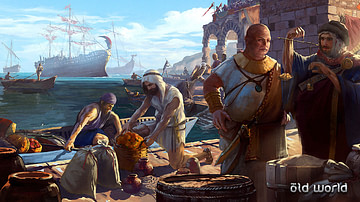
Article
Indian Ocean Trade before the European Conquest
Finding a maritime route to the East and gaining access to the lucrative spice trade stood at the root of the European Age of Exploration. However, when Vasco da Gama rounded the Cape of Good Hope and reached the Indian Ocean in 1493, he...
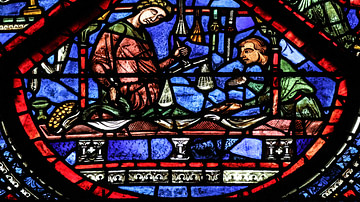
Article
Eyes on the East: Chronicles of the Indian Ocean Spice Trade
As the 15th century ended, Europeans were still mostly in the dark about the Eastern world. Early travelers like Marco Polo had given the West tidbits of information, but these accounts were too highly colored and fragmentary to provide a...
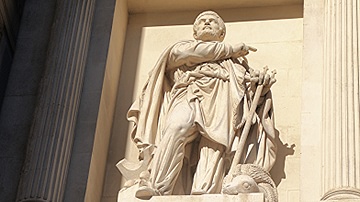
Article
On the Ocean: The Famous Voyage of Pytheas
Sometime around 330 BCE, Pytheas, a little-known Greek merchant, embarked on an astonishing voyage. It was a voyage that would take him far beyond the known boundaries of the Mediterranean, into lands thought to exist only in myth and legend...
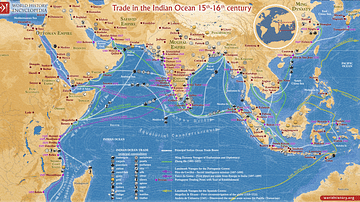
Image
Trade in the Indian Ocean 15th-16th century
This map illustrates the Indian Ocean trade (15th–16th centuries), a vast maritime network linking East Africa, the Middle East, South Asia, and Southeast Asia, facilitating the exchange of spices, textiles, metals, timber, and luxury goods...
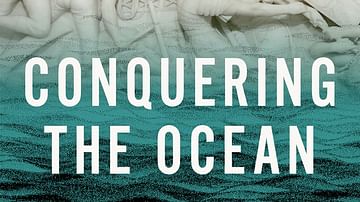
Interview
Interview: Conquering the Ocean by Richard Hingley
In this interview, World History Encyclopedia sits down with author Richard Hingly to chat about his new book Conquering the Ocean: The Roman Invasion of Britain published by Oxford University Press. Kelly: Do you want to tell us a bit about...

Video
Int'l Commerce, Snorkeling Camels, and The Indian Ocean Trade: Crash Course World History #18
In which John Green teaches you the history of the Indian Ocean Trade. John weaves a tale of swashbuckling adventure, replete with trade in books, ivory, and timber. Along the way, John manages to cover advances in seafaring technology, just...

Definition
Indian Princely States
The Indian Princely states (aka Native States or Princely India) were those states in the Indian subcontinent the British did not conquer but which were typically bound by treaty first to the East India Company and then to the British Crown...
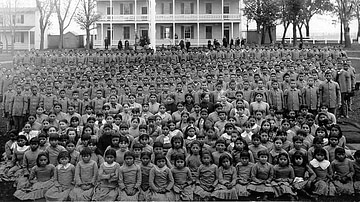
Article
Buffalo and Eagle Wing & The American Indian Boarding School
Buffalo and Eagle Wing is a legend of the Plains Indians culture of North America, which is part origin myth and part cautionary tale on the importance of keeping one's promises. Although scholars agree on the general provenance of the tale...
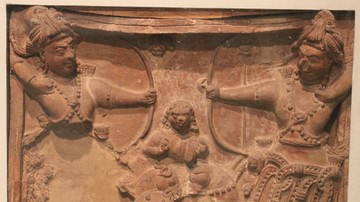
Definition
Ancient Indian Warfare
War was the chief means by which territory was annexed or rulers defeated in ancient India, which was divided into multiple kingdoms, republics and empires. Often one empire predominated or different empires co-existed. The Vedic literature...
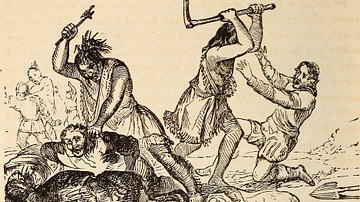
Definition
Indian Massacre of 1622
The Indian Massacre of 1622 was an attack on the settlements of the Virginia Colony by the tribes of the Powhatan Confederacy under their leader Opchanacanough (l. 1554-1646) and his brother Opitchapam (d. c. 1630) resulting in the deaths...